Eastern India, Probably Bodhgaya
ca. 11th century
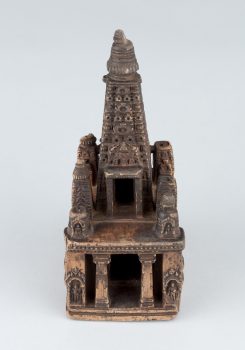
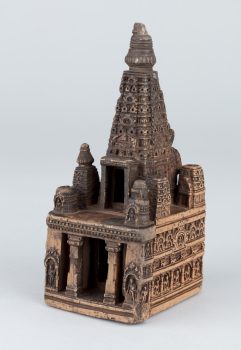
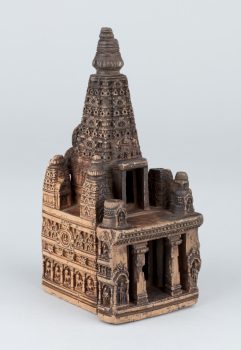
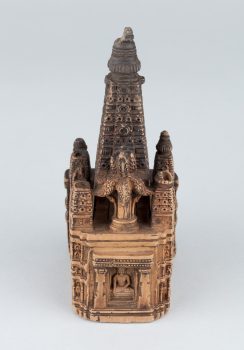
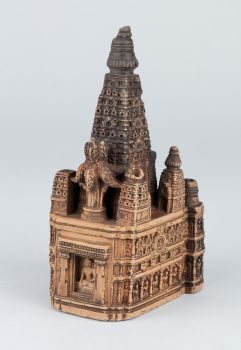
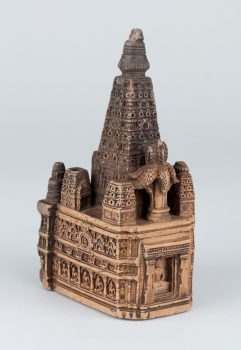
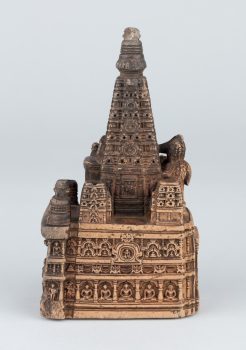
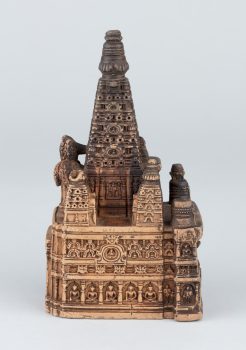
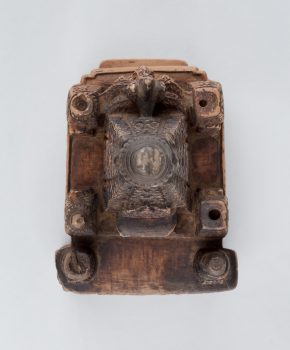
Eastern India, Probably Bodhgaya
ca. 11th century









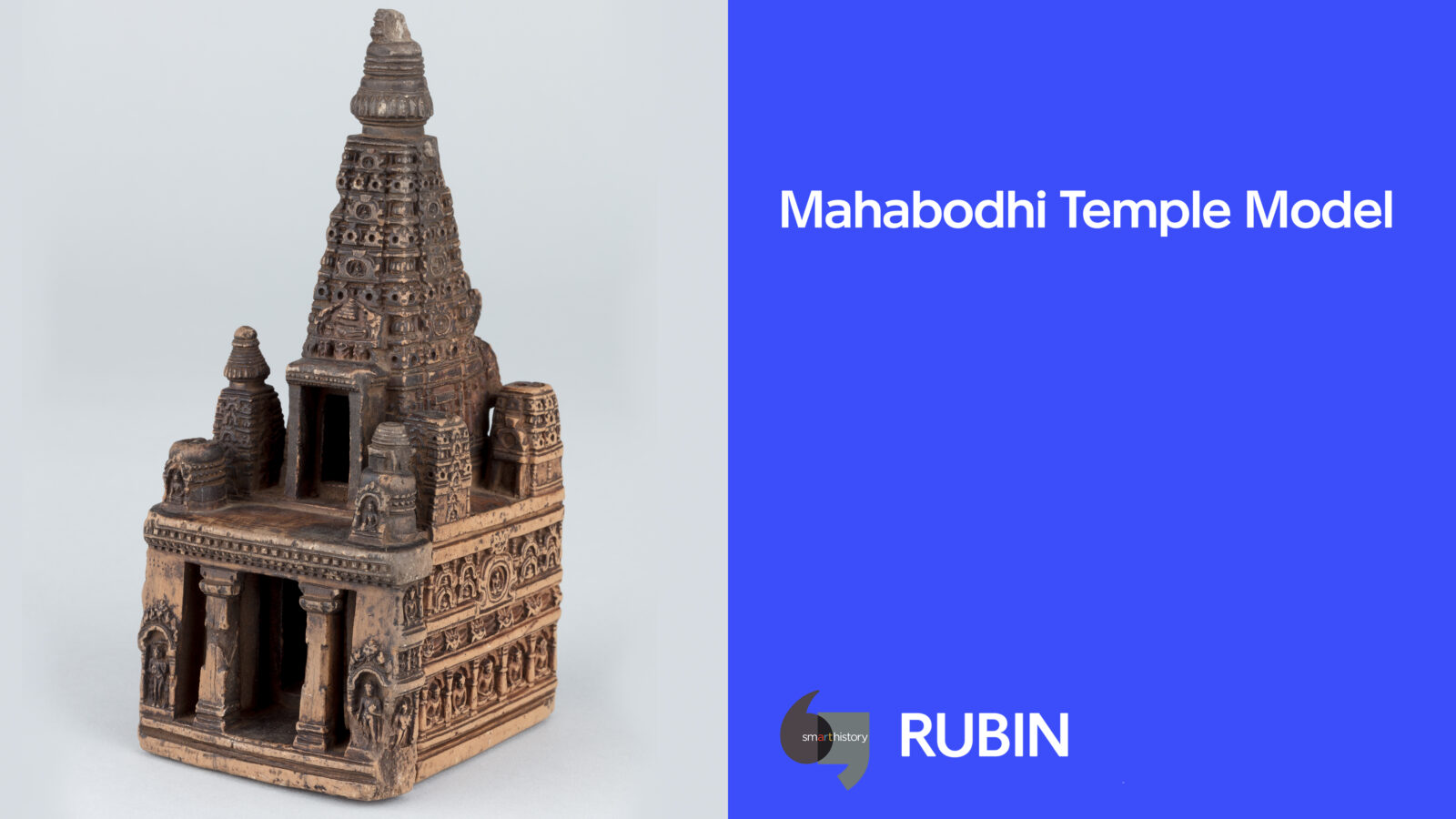
A virtuous feeling and deep respect toward an authentic teaching, teacher, or path. Buddhists believe that expansive study, analysis, and meditation are essential steps for cultivating a healthy and enduring devotion.
In Buddhism merit is accumulated through engaging in positive actions that lead to positive results, such as better rebirths. Buddhists gain merit by making offerings, donating to those in need, reciting mantras, and other good deeds.
Buddhism teaches that all life is sacred and should be respected, as all sentient beings have the potential to attain enlightenment. This notion encourages a positive view and compassion for others.
As the cradle of Buddhism, northeastern India was and remains today a region abundant in sacred Buddhist sites. Through the late 13th century, India was the epicenter for the production of Buddhist material and visual culture, with teachers, monks, traders, and pilgrims bringing objects back home to Tibet, western Himalayan regions, Nepal, and beyond.
Get the latest news and stories from the Rubin, plus occasional information on how to support our work.